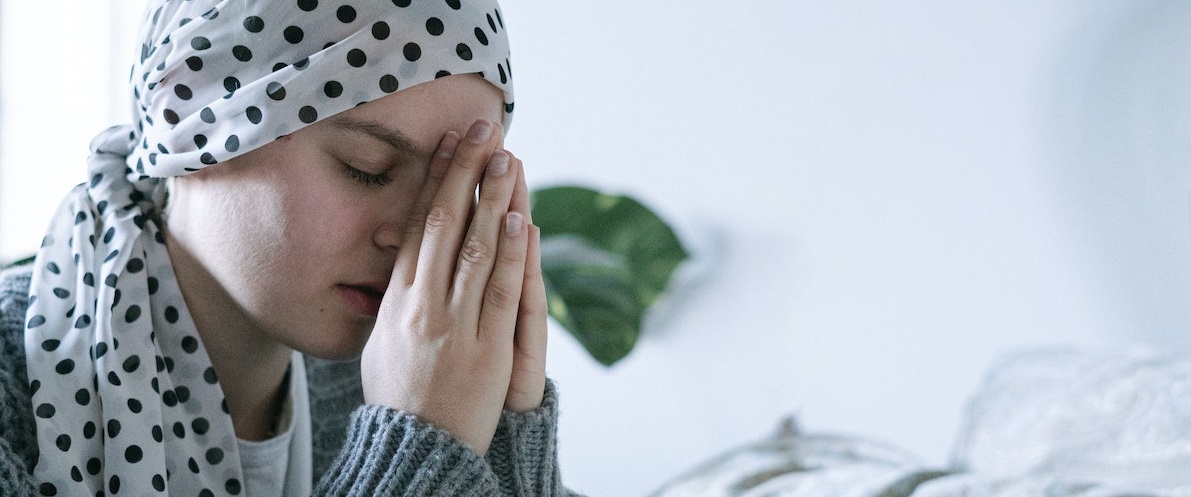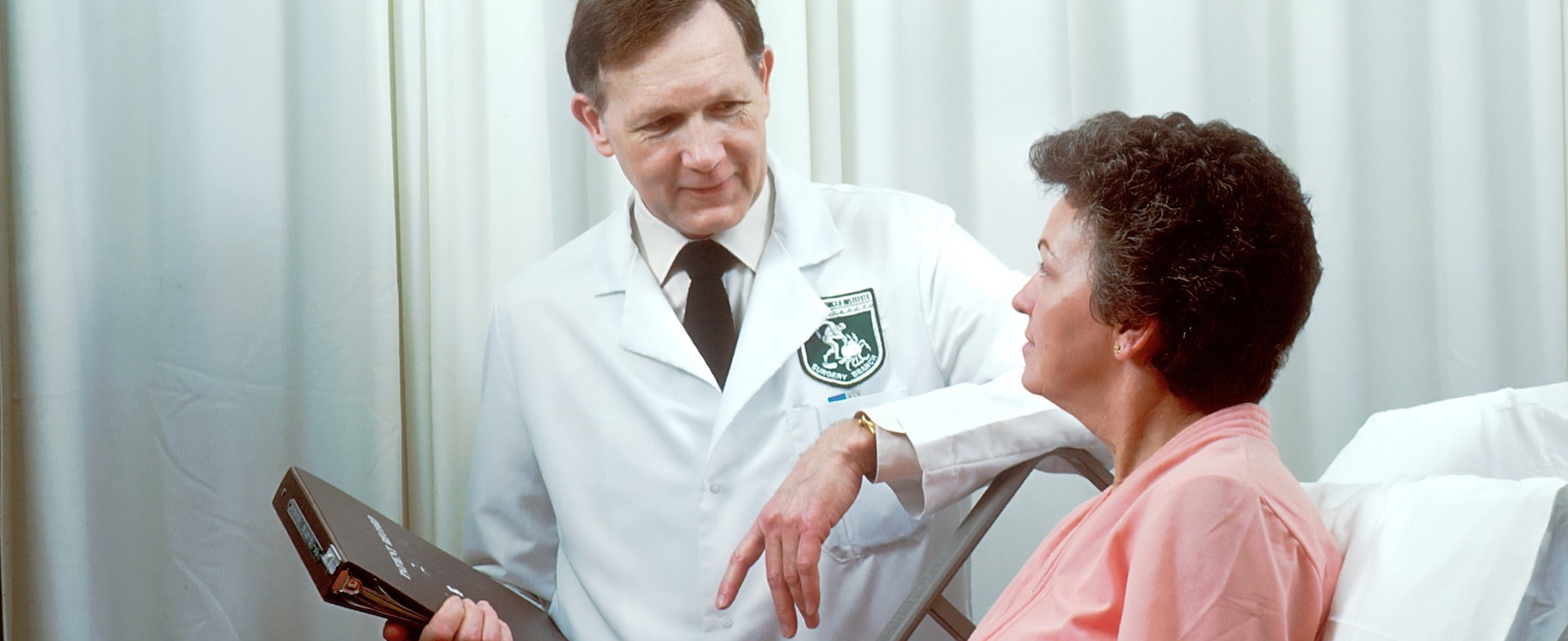What Are The Risk Factors Of Breast Cancer?

Photo by Ivan Samkov under Pexels License
What Are the Risk Factors for Breast Cancer?
When a family member or a friend is diagnosed with breast cancer, it’s only natural to worry about them. Actually, you might feel a bit worried about your own health as well. In the United States alone, this disease claims the lives of about 40,500 women each year, making it the second leading cause of cancer death among women in the country.
If you want to know what you can do to reduce your risk of developing breast cancer, you’ll need to learn the risk factors associated with the disease. Thankfully, there are certain ways to minimize them. Breast Cancer Car Donations is here to answer this question: What are the risk factors for breast cancer?
The Basics: What Are the Risk Factors for Breast Cancer?
Did you know that a person’s risk for contracting breast cancer is influenced by a combination of factors? However, it’s important to note that having a risk factor doesn’t mean that you’ll automatically get the disease. Conversely, some women who were diagnosed with breast cancer didn’t have any of the risk factors that are associated with it.
If you have the breast cancer risk factors listed below, we encourage you to ask your doctor about breast cancer screening and how you can lower your risk.
- Sex
The biggest risk factor for breast cancer is being a woman.
- Age
The risk of getting breast cancer increases as people get older. Most breast cancers are discovered and diagnosed after the age of 50.
- Race or ethnicity
Statistics show that Caucasian women are more likely to develop breast cancer than Hispanic, African American, and Asian women. However, African American women are more likely than others to have a more aggressive, advanced-stage breast cancer that’s diagnosed at a younger age.
- Genetic changes
About 5% to 10% of breast cancer cases are caused by abnormal genes that were passed from parent to child. Furthermore, inherited mutations to genes that include BRCA1 and BRCA2 will increase the likelihood of being diagnosed with both breast and ovarian cancer.
- Family history
The risk for breast cancer is higher among women whose mother, sister, daughter or any first-degree relative has had breast cancer. Having a first-degree male relative with breast cancer also raises a woman’s risk.
- Reproductive history
When a woman starts having periods before she reaches the age of 12 and starts to menopause after she reaches 55 years old, this implies that she has been exposed to hormones much longer and is, therefore, more likely to develop breast cancer at some point. Also, those who haven’t had a full-term pregnancy or a first child after the age of 30 have a higher risk compared to those who got pregnant and gave birth before the age of 30.
- Breastfeeding history
If a woman breastfeeds for longer than a year, she significantly lowers her risk for developing breast cancer.
- Personal history of breast cancer
Women who were previously diagnosed with breast cancer are three to four times more likely to get a new cancer diagnosis in a different part of the same breast or in the other breast. Those who were previously diagnosed with benign breast conditions may also be more likely to develop breast cancer.
- Dense breasts
Tumors are difficult to see on the mammogram of a woman with dense breasts or breasts with more connective tissue than fatty tissue. This means that women with denser breasts are more likely to have breast cancer.
- Previous radiation therapy treatment
Women who have had radiation therapy to their faces to treat acne and to their chests to treat another type of cancer before the age of 30 have a higher-than-average risk of getting breast cancer.
- Previous treatment using the drug diethylstilbestrol (DES)
Between 1940 and 1971, the drug diethylstilbestrol (DES) was distributed to a number of women in the United States to prevent miscarriage. These women and those whose mothers took DES while they were pregnant with them have a higher risk of contracting breast cancer.
- Use of Hormone Replacement Therapy (HRT)
Research shows that there’s an unmistakable link between past usage of HRT and breast cancer.
- Sedentary lifestyle
The lack of regular exercise or any physical activity for four to seven hours per week predisposes a woman to breast cancer.
- Obesity
Being overweight or obese can cause a woman to have a higher risk of developing breast cancer especially after menopause. Maintaining a healthy weight helps prevent breast cancer recurrence in women who were previously diagnosed with the disease.
- Drinking alcohol
Consistently consuming alcoholic beverages such as wine, beer, or liquor increases the risk of hormone-receptor-positive breast cancer.
- Smoking
Premenopausal women who smoke or are constantly exposed to second-hand smoke have a higher risk of breast cancer.
Breast Cancer Patients in Your Area Need Your Help
If you want to reach out to the needy breast cancer patients in your area and make a difference in their lives, you can easily provide them meaningful assistance without hurting your pocket by teaming up with us at Breast Cancer Car Donations. All you have to do is donate a vehicle you no longer need.
We’ll auction off your donated vehicle and use the proceeds to support the comprehensive breast health services that our charity partners offer to uninsured and underprivileged individuals needing such services. These IRS-certified 501(c)3 nonprofit organizations provide their beneficiaries with financial assistance as well as access to medical facilities so they can undergo full treatment. They also offer free breast cancer screening as well as other breast cancer prevention and education services.
You will also personally benefit from your vehicle donation since we’ll provide you with free towing services. We’ll also promptly deliver to you your 100% tax-deductible sales receipt once your donated vehicle is sold at auction. This receipt entitles you to claim a top tax deduction in the next tax season. Furthermore, you’ll enjoy a most pleasant giving experience with our quick and convenient donation process where no paperwork is involved.
If you have questions about our vehicle donation program, call us at 866-540-5069 now or send us a message online. You can also check out our FAQs page for more details.
You can donate any type of vehicle regardless of its age and condition. You can also make your vehicle donation anywhere in the United States since we have vehicle donation programs in all 50 states.
Give the Gift of Hope
Give the gift of hope and a new lease on life to breast cancer patients in your area. Call us at 866-540-5069 or fill out our online donation form to get started with your car donation now!
Last Updated: March 9th, 2023

